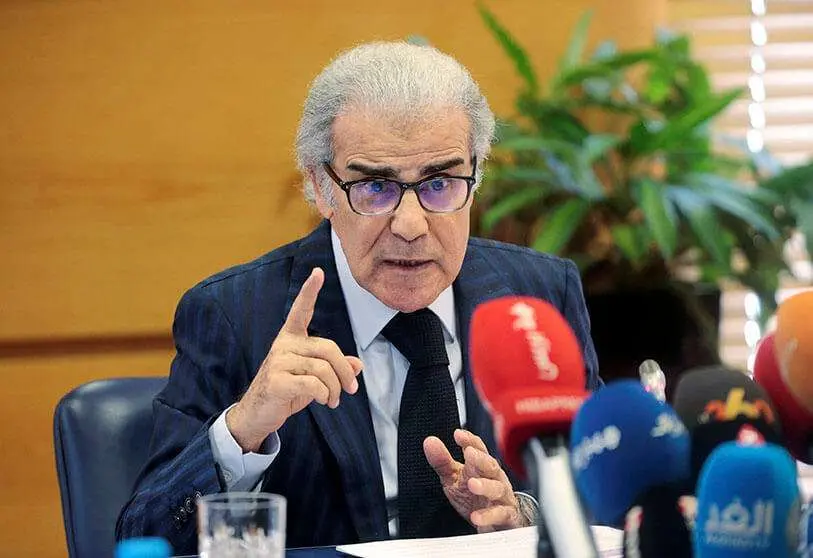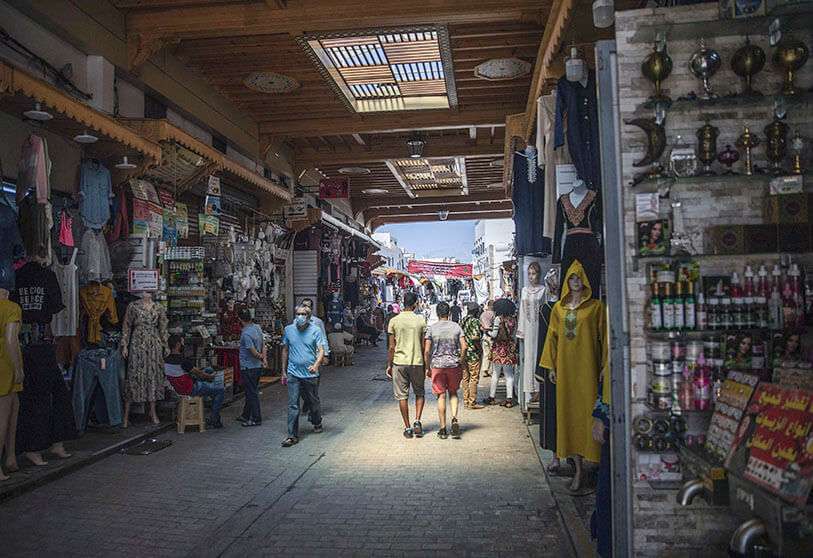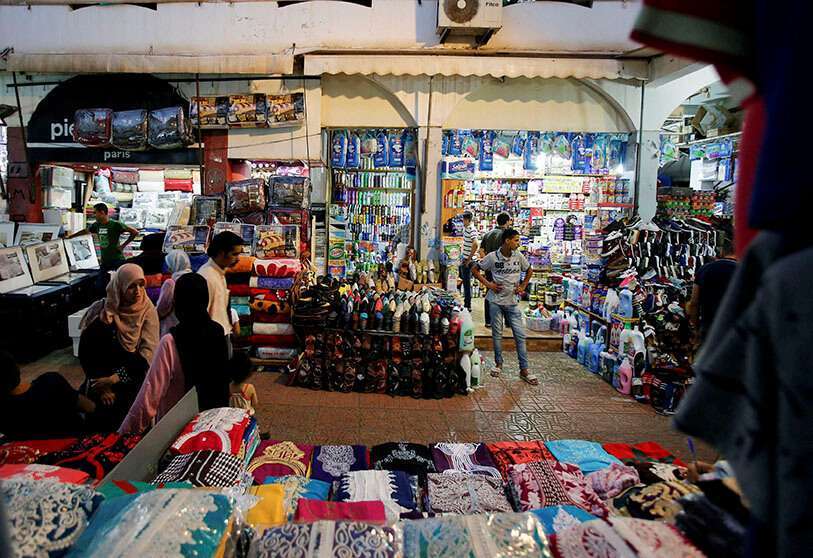La recuperación no llegará a Marruecos hasta 2023

The Finance Commission at the Chamber of Councillors of Morocco met on tuesday, in the presence of Abdellatif Jouahri, the governor of the Moroccan Central Bank, to assess the way in which the pandemic is affecting the country's economic situation, and the reforms that need to be implemented to alleviate it. Jouahri spoke frankly when analysing the country's present situation, for which the World Bank has forecast a 6.3% recession in its GDP by 2020. To find another period of recession in our neighbouring country, we must go back to 1995, which shows the great impact that the COVID-19 will have on the country, at least economically.
Another of the negative data presented by the governor was the fact that unemployment in Morocco has risen to 12.7 percent, a figure that has not been seen since 2001 either. In order to prevent this from happening again, Mr Jouahri stressed not only the need to improve the Moroccan health system but also the urgent need to strengthen resilience in order to address future crises. Although the World Bank estimates that GDP growth for 2021 will be over three per cent, pending further waves and the effectiveness of vaccination, Jouahri himself states that economic recovery will be slow and will not take off until 2023.

Abdellatif Jouahri stated that Morocco's policy has followed a short-sighted line in addressing the various risks and threats that have occurred in recent years, and that the implementation of these patches means that subsequent crises will affect the country more severely. "We must not only seek social immunity, but also economic immunity," Jouahri said, and this requires far-reaching and long-term measures. One of these measures, in his opinion, should be along the lines of increasing the number of large Moroccan companies, whose number is now around 500, since companies of this type are better able to withstand crises such as the one we are currently experiencing.
Some of the measures Jouahri is now calling for were announced by King Mohammed VI in his address on 29 July. Among them would be the creation of an investment fund of almost 13 billion dollars to strengthen the Economic Recovery Plan. He also announced the underpinning and generalisation of social security programmes over the next five years to improve accessibility to economic aid. Another key point is the rationalization of expenditures, as well as the promotion of the use of renewable energies.

Beyond the current context triggered by the pandemic, Morocco is making progress in its relations with the United Kingdom, seeking a very significant commercial improvement that will have repercussions on other areas such as tourism, industry and even the military cooperation. The United Kingdom's withdrawal from the European Union gives London greater freedom to establish its trade agreements and, in this connection, it has signed trade agreements with Morocco this summer to reduce to zero the tariffs on foodstuffs such as oranges, a fact which directly affects Spanish exports of these foods. A report by the journalist Sonia Moreno highlights the strong presence of Moroccan food products in British consumption: 25% of tomatoes, 20% of soft fruits, 19% of oil and 60% of sardines consumed in the United Kingdom come from Morocco.
Morocco is developing its Mediterranean areas with the aim of gaining a major foothold in tourism and trade over the Mediterranean. In the case of trade, Morocco has long sought to compete with the port of Algeciras. To this end, in 2021 the commercial port of Beni Ensar will be extended with the opening of Nador Med and increase the tourist attraction of the region. This area is very close to the autonomous city of Melilla, a city which, together with Ceuta, Morocco is trying to stifle economically with measures such as those mentioned above. Spain continues to be Morocco's main trading partner; however, the attitude that is being maintained with the commercial blockade of Spanish cities, together with the signing of agreements with the United Kingdom and London's growing presence in different Moroccan areas, should be a cause for great concern in Madrid.










